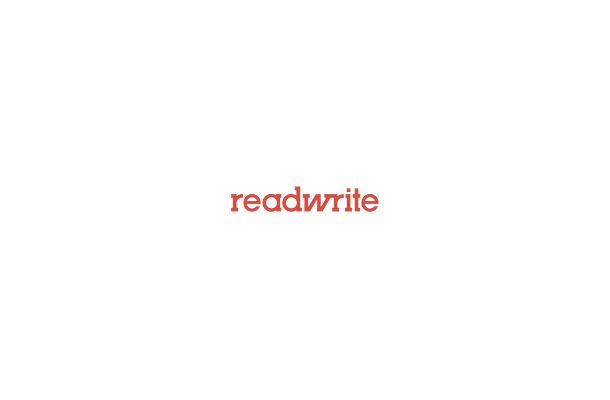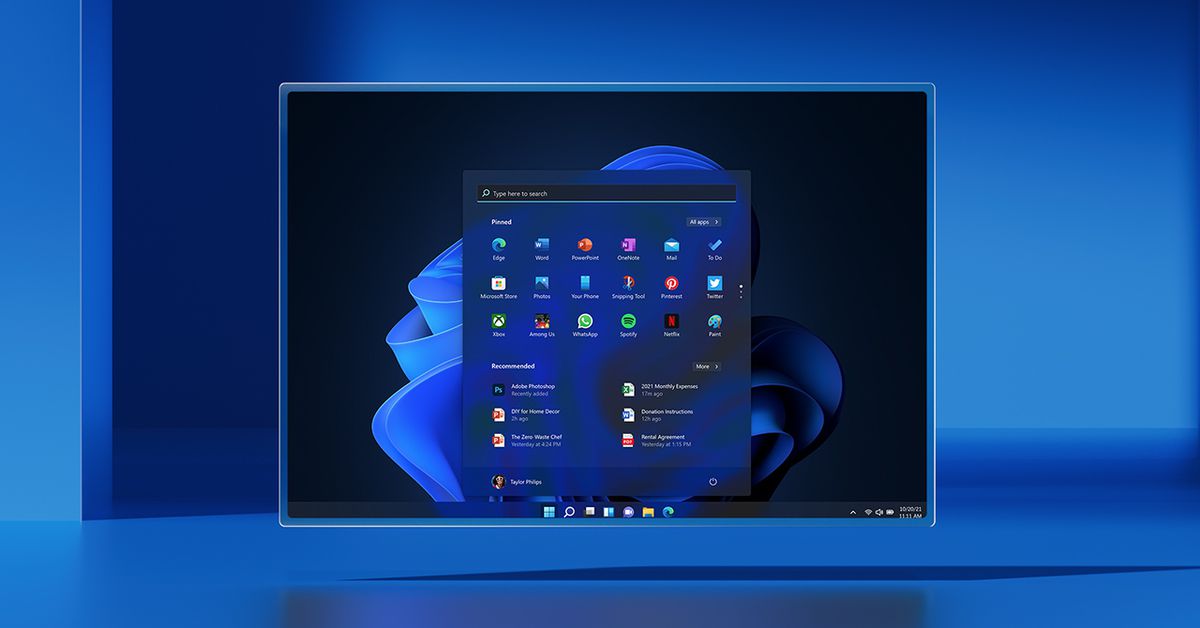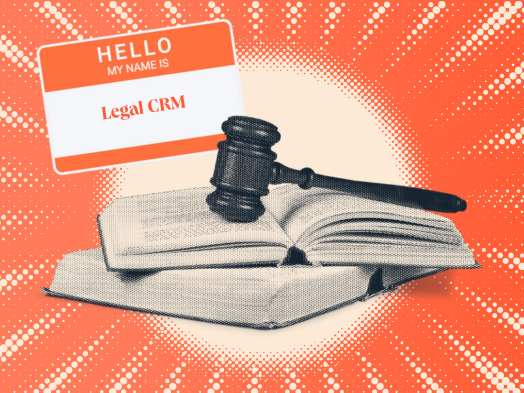Can I Take a Loan on Fixed Deposit?
What is a fixed deposit, and how it works? A fixed deposit (FD) is a type of savings account offered by banks and financial institutions where you can deposit a lump sum of money for a specific period of...


What is a fixed deposit, and how it works?
A fixed deposit (FD) is a type of savings account offered by banks and financial institutions where you can deposit a lump sum of money for a specific period of time, typically ranging from 7 days to 10 years. The money deposited in the FD earns a fixed rate of interest, which is higher than the interest rate offered on a regular savings account.
The process of opening an FD account is simple. You must visit a bank or financial institution, fill out the required forms, and deposit the money you wish to invest. Once the account is opened, you cannot withdraw the money before the maturity date without incurring a penalty fee.
The interest rate offered on an FD depends on various factors, including the amount of the deposit, the duration of the deposit, and prevailing market conditions. The interest can be paid out at regular intervals, such as monthly, quarterly, or annually, or it can be paid out in a lump sum at maturity.
At the end of the maturity period, you have the option to either withdraw the entire amount or renew the FD for another term. If you do not renew the FD or withdraw the money, the bank or financial institution will automatically renew the FD for another term at the prevailing interest rate.
FDs are considered a safe investment option as they offer a fixed return and are unaffected by market fluctuations. However, the returns on FDs may not keep pace with inflation, and the interest earned on an FD is taxable.
Loan on fixed deposit
You can take a loan against your fixed deposit. This type of loan is known as a “loan against FD” or “FD loan.” It allows you to borrow money against the value of your fixed deposit without breaking the deposit.
The loan amount you can receive will depend on the amount of your fixed deposit and the terms of your bank or financial institution. Typically, you can borrow up to 90% of the value of your fixed deposit.
Interest rates on FD loans are generally lower than other types of loans, as the loan is secured against a fixed deposit. Additionally, since you are borrowing against your own funds, there is no credit check required.
Remember that if you default on the loan, the financial institution may use your fixed deposit as collateral to recover their funds. Also, you may lose out on the interest income that your fixed deposit would have earned during the loan period.
Featured Image Credit: Photo by Monster; Pexels; Thank you!
Bala Kumar
SEO Consultant
Hello, I'm Bala Kumar, a Performance-driven SEO consultant. With the expertise of 6+ years in this field. Currently working for Diversion Edge

 JimMin
JimMin 
































